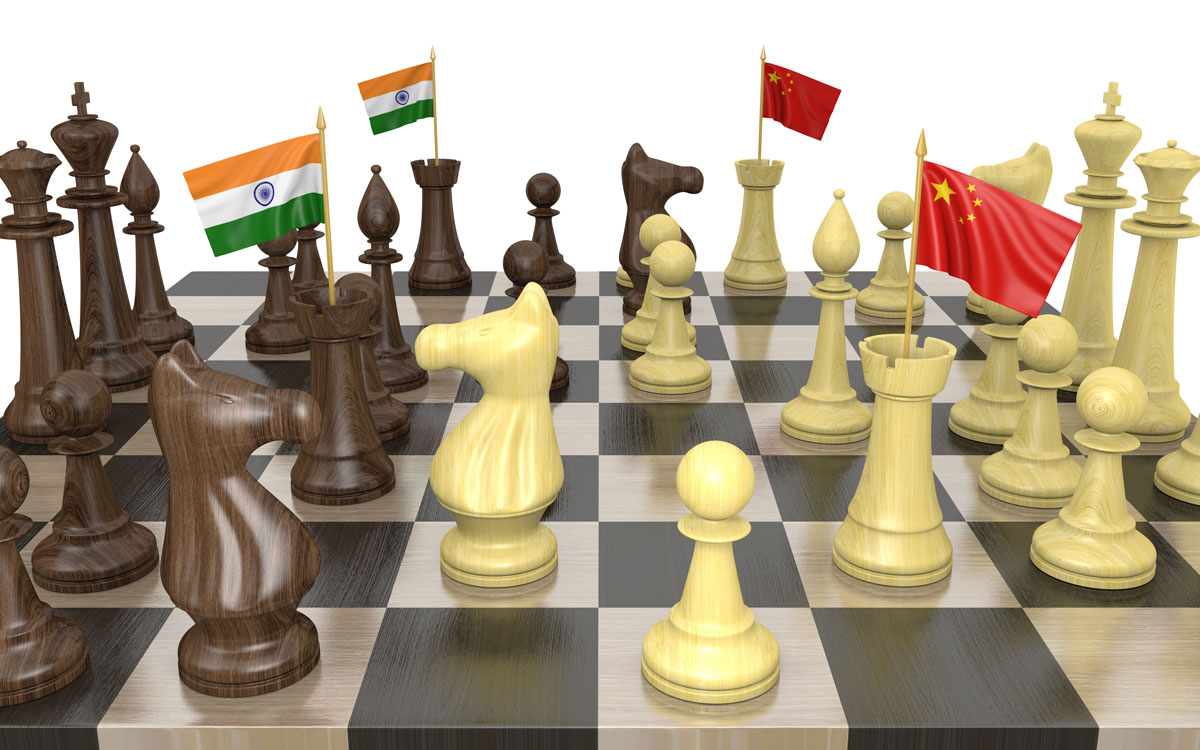China has Taken Provocative Steps in Doklam: U.S. Congressman
Expressing concern over the Sikkim standoff between India and China, an influential U.S. lawmaker has accused Beijing of taking provocative steps that have resulted in the escalation of tensions between the two Asian giants, writes Lalit K. Jha.
“I’m very concerned about what is happening on Doklam Plateau. I believe that China has taken certain provocative steps that have escalated into the current standoff on the plateau,” Raja Krishnamoorthi, the Congressman from Illinois, said.
Krishnamoorthi, 44, just returned from a short trip to India during which he met Prime Minister Narendra Modi, and had a discussion on a wide range of issues.
He said the standoff issue did not come up during his meeting with the prime minister in New Delhi.
Talking about his views on the standoff, he said, “I have urged a diplomatic solution, a peaceful diplomatic solution to the current standoff, and I’m very hopeful that it can come about.”
“It’s very important that no country take provocative steps, especially in border disputes in the region,” said Krishnamoorthi in response to a question.
The U.S. has maintained its silence on the Sikkim standoff between the armies of India and China.

“We have seen these reports (on the standoff). We refer you to the Governments of India, China, and Bhutan for further information,” a State Department spokesperson told PTI when asked about the American stand on the current Doklam standoff.
The U.S. last month also had avoided commenting on the Sikkim standoff.
Meanwhile, analysts here criticized China for its aggressive stance.
Will Edwards, an Asia-Pacific and defense analyst at The Cipher Brief, recently wrote that the Chinese road could have serious strategic implications for India’s defense of its home territory due to a geographic feature that leaves India vulnerable.
“Allowing the Chinese road project to continue could provide Beijing with an avenue for its troops to strike the ‘Chicken’s Neck,’ a narrow strip of land connecting India’s northeastern states to the rest of the country that could be severed in the event of conflict,” he wrote.


